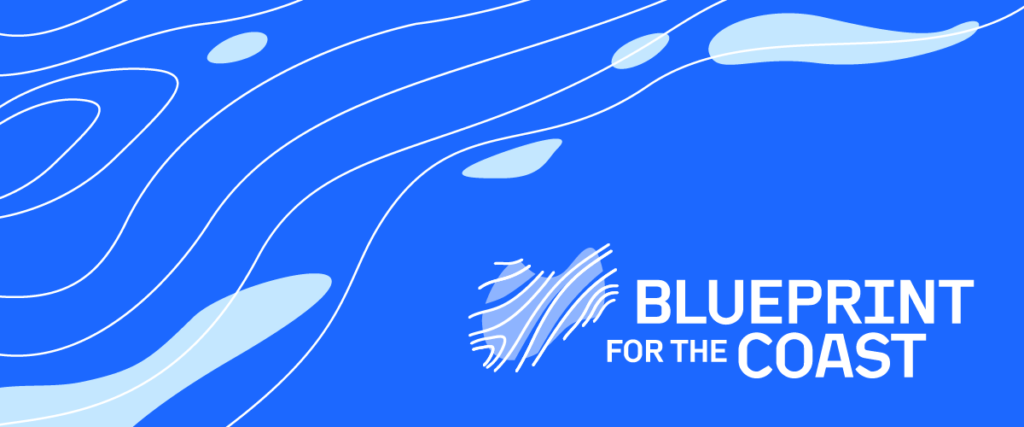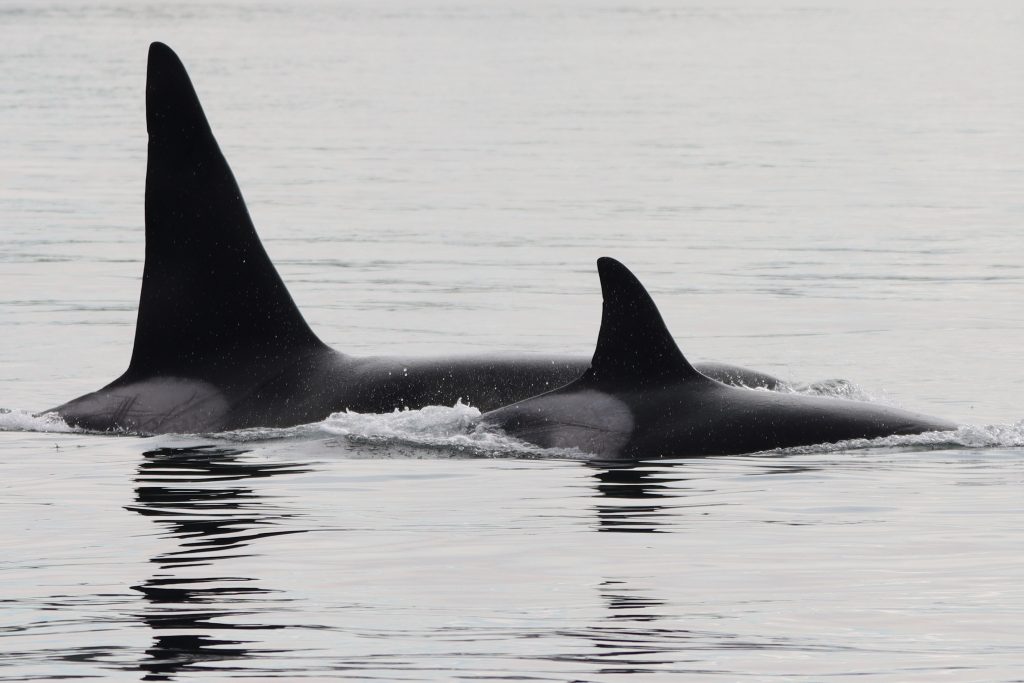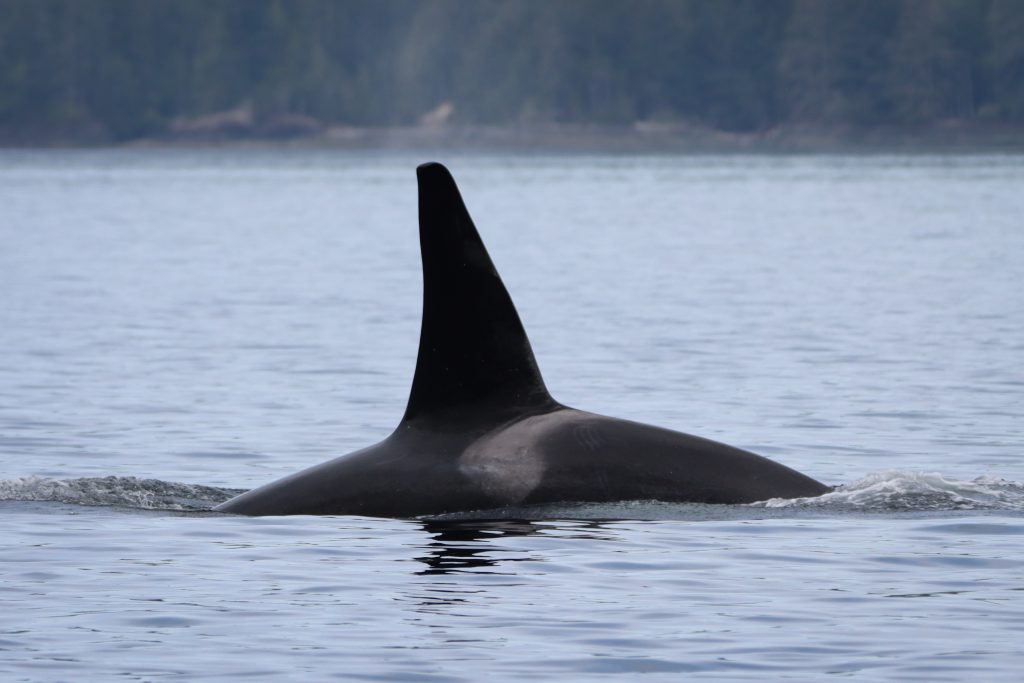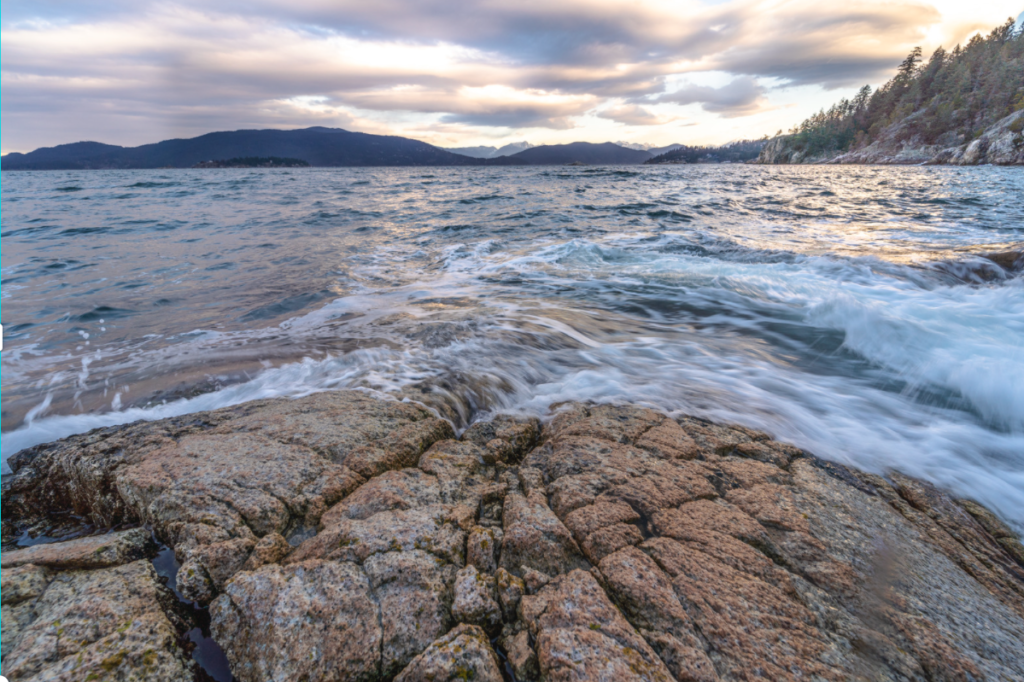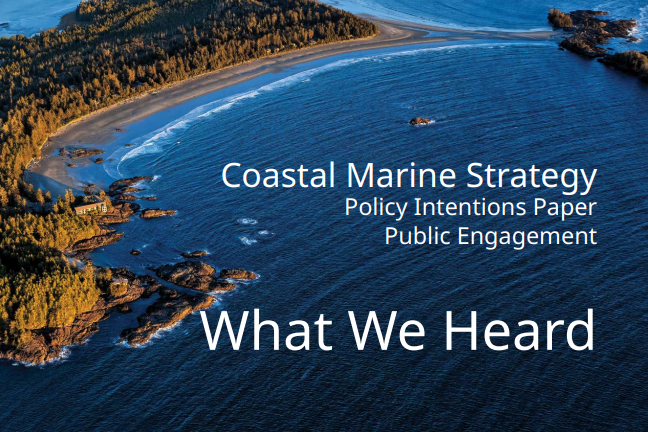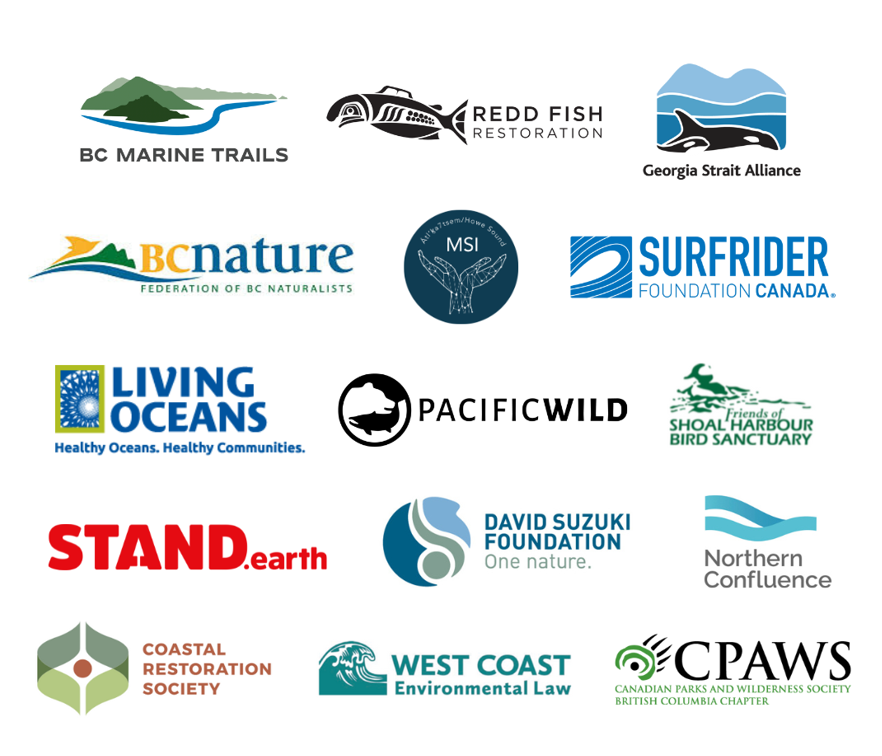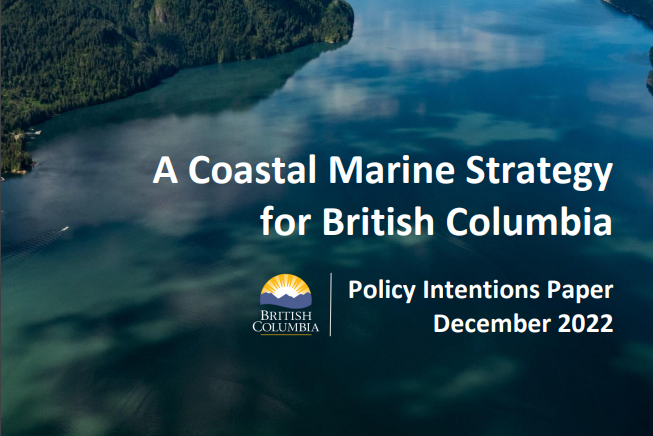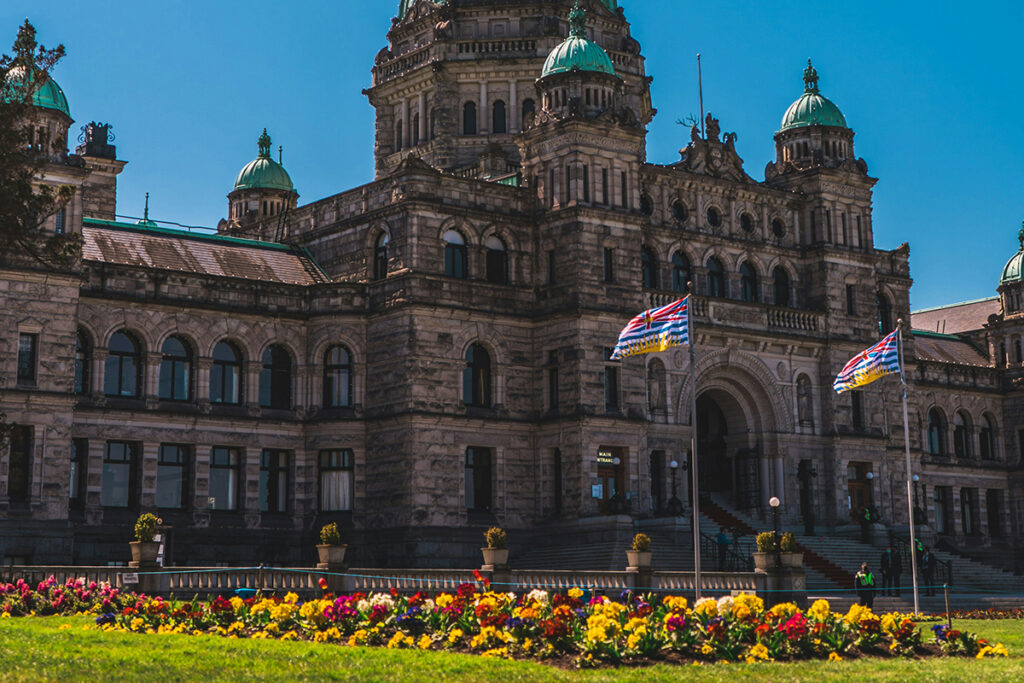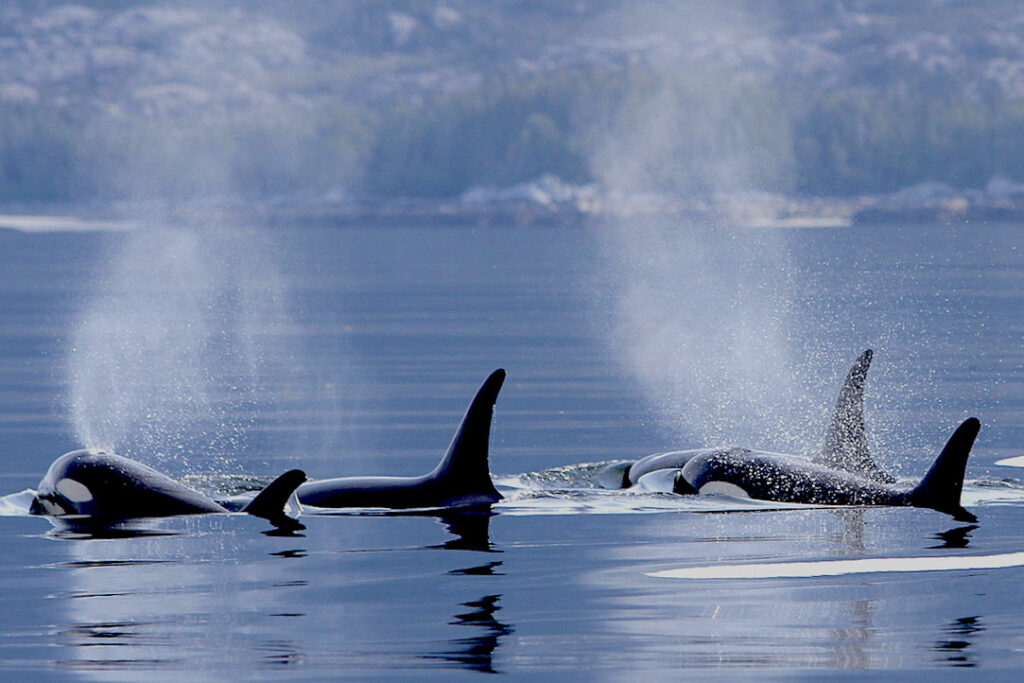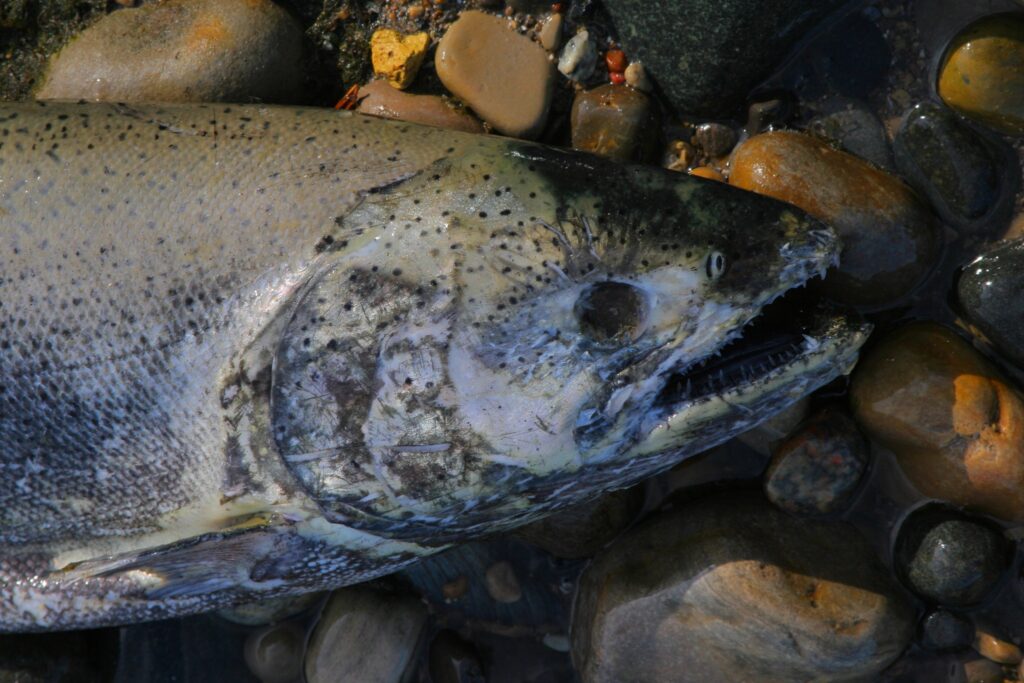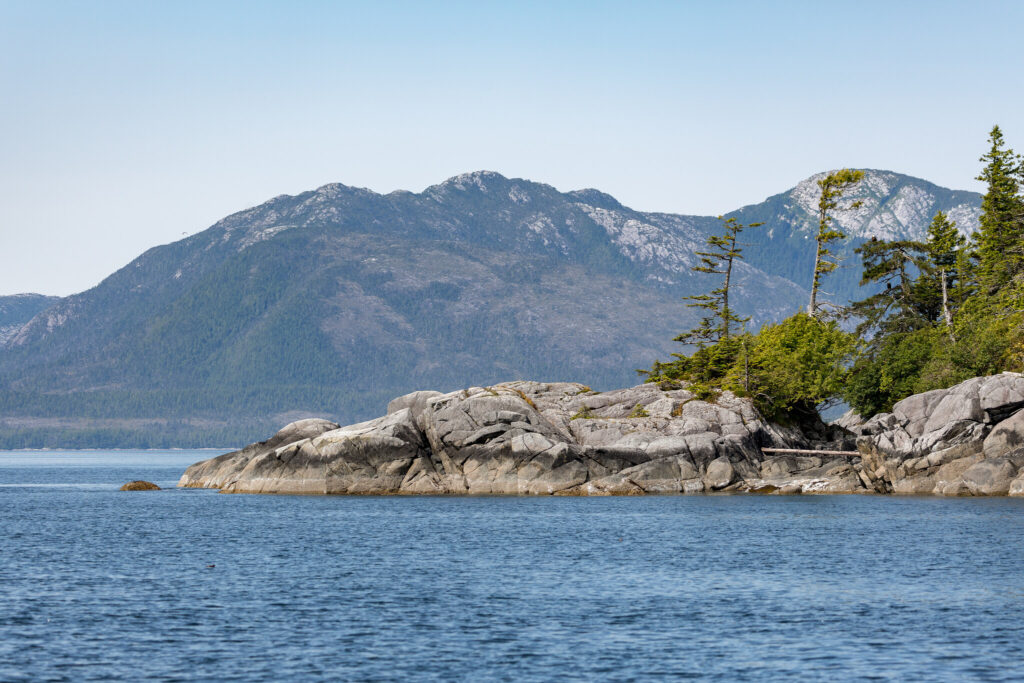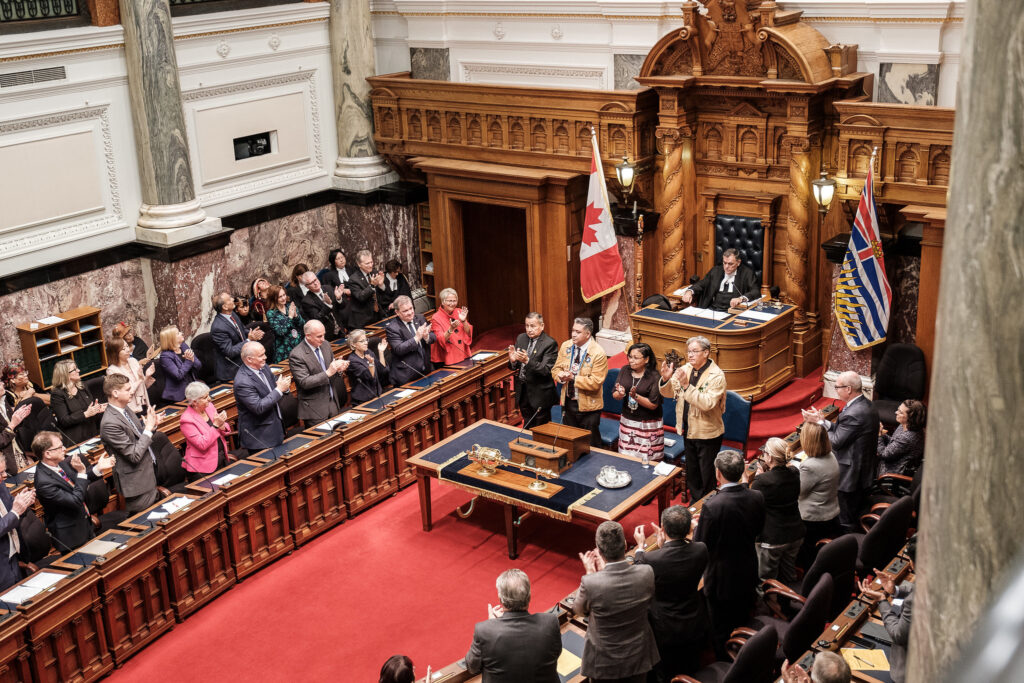50 YEARS ON THE BC COAST
BC’s first Coastal Marine Strategy was released on July 11, 2024. Although the creation of this strategy is a significant accomplishment, it marks the beginning of the work that lies ahead.
Scroll through the timeline to see where we’ve been and where we’re going.
On December 3, 2025, the Union of BC Municipalities Executive Council endorsed Resolution NR69: Legislating the BC Coastal Marine Strategy (pg. 168-169). This resolution calls on the Province to adopt legislation to ensure BC’s first Coastal Marine Strategy, released in July 2024, is given legal teeth.
On April 12, the Association of Vancouver Island and Coastal Communities (AVICC) passed a resolution calling on the Province to legislate the BC Coastal Marine Strategy. This resolution was championed by the District of Saanich and the City of Langford. With the passing of this resolution at the Association of Vancouver Island and Coastal Communities, it will next be brought forward at the Union of BC Municipalities (UBCM) in September. You can read our press release here.
On February 3, the District of Saanich and City of Langford Councils voted unanimously in favour of BC municipalities pushing the BC government to enshrine its Coastal Marine Strategy into law. The resolutions were brought by Saanich Councillor Teale Phelps Bondaroff and Langford Councillor Mary Wagner. Read our press release here.
BC’s first Coastal Marine Strategy was released on July 11, 2024. This strategy is an intersectional plan aiming to boost biodiversity, tackle marine pollution, and recover nearshore habitats with nature-based solutions – all the while advancing Indigenous coastal management, building up resilience to climate change, and working to revitalize coastal communities and economies. Click here to view our press release.
On June 14, colleagues from CPAWS-BC and West Coast Environmental Law had the pleasure of hand-delivering an astounding 405 postcards to Parliamentary Secretary for Fisheries and Aquaculture, Kelly Greene. We enjoyed reading the messages about your desire to see a strong Coastal Marine Strategy for BC. From the bottom of our hearts, we would like to thank everyone who took the time to write one of these postcards. You’ve shown us the true meaning of teamwork and helped move the dial on coastal stewardship.
The Government of BC officially transferred the authority to administer a number of environmental and marine statues to the Ministry of Water, Land and Resource Stewardship (WLRS). This transfer includes the authority to manage tenures under the Land Act, as well as licensing the growth and harvesting of wild aquatic plants under the Fish and Seafood Act. Now that these legal powers have been consolidated within WLRS, we can confidently call it the new home for coastal marine issues in BC, not only in name, but function.
The Government of BC released a What We Heard Report to summarize nearly 1,000 public feedback submissions on the Coastal Marine Strategy Policy Intentions Paper. The issues of most concern for respondents were restoration of wild salmon populations, addressing marine pollution, and incorporating legislation in the strategy. Moreover, 88% of survey respondents felt the province was on the right track with Coastal Marine Strategy development. For more information, read “Our Key Takeaways on Public Feedback”.
A public engagement period for feedback on the Coastal Marine Strategy Policy Intentions Paper extended from December 15, 2022 – April 14, 2023. We gathered together a coalition of 19 environmental non-governmental organizations (ENGOs) to offer unified feedback on the Policy Intentions Paper, we submitted this joint letter on behalf of the environmental nonprofit sector. Additionally, CPAWS-BC and West Coast Environmental Law submitted our own individual feedback submissions.
The ministry releases a Policy Intentions Paper for the BC Coastal Marine Strategy that was co-written with representatives from coastal First Nations. The Policy Intentions Paper lays out 6 outcomes they want to see achieved for coastal marine areas across British Columbia, as well as 30 policy intentions to get us there.
Premier John Horgan announces the creation of the Ministry of Land, Water and Resource Stewardship that will co-manage lands and waters with First Nations and ensure the effects of economic activity are aligned with environmental objectives. The Ministry consolidates provincial ocean management programs and is responsible for the development of the Coastal Marine Strategy. In December 2022, the name of the ministry is changed to the Ministry of Water, Land and Resource Stewardship with Nathan Cullen appointed as Minister.
The Ministry will engage coastal First Nations’ leadership on a process for developing a Coastal Marine Strategy and key priorities. Then in collaboration, they will draft an intentions paper. Following this step, we expect further engagement over this government’s mandate to develop a made-in-BC Coastal Marine Strategy.
Intensifying climate change impacts, record low salmon runs, and increasing demands over resources continue to negatively impact coastal communities and ecosystems, making the need for a Coastal Marine Strategy more urgent than ever.
For the first time, the Government of BC commits to developing a Coastal Marine Strategy in partnership with First Nations and other orders of government, as a means to preserve coastal marine ecosystems and in turn, growing coastal economies. Minister of State for Lands and Natural Resource Operations, Nathan Cullen, is tasked with leading the development of this strategy.
British Columbia enacts legislation requiring the province to bring its law and practices into harmony with the United Nations Declaration on the Rights of Indigenous Peoples (UNDRIP) – this includes its marine management regime.
Photos, in order of appearance: The U.S. National Archives, Kevin Teague, Blueprint, Brodie Guy, Province of British Columbia, Dan Mullen

